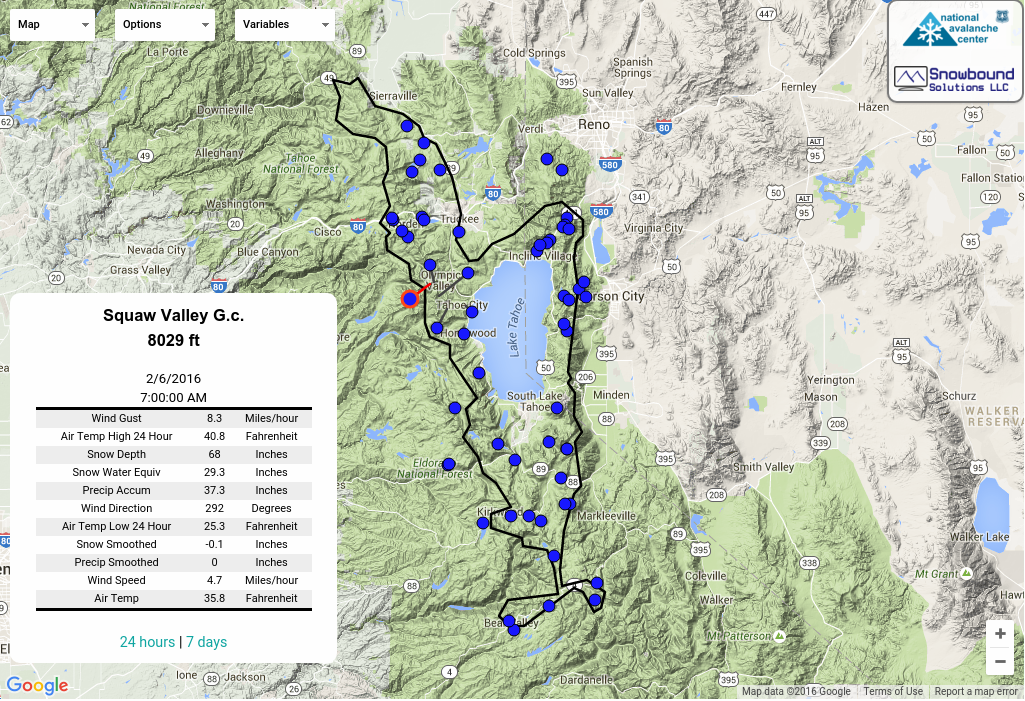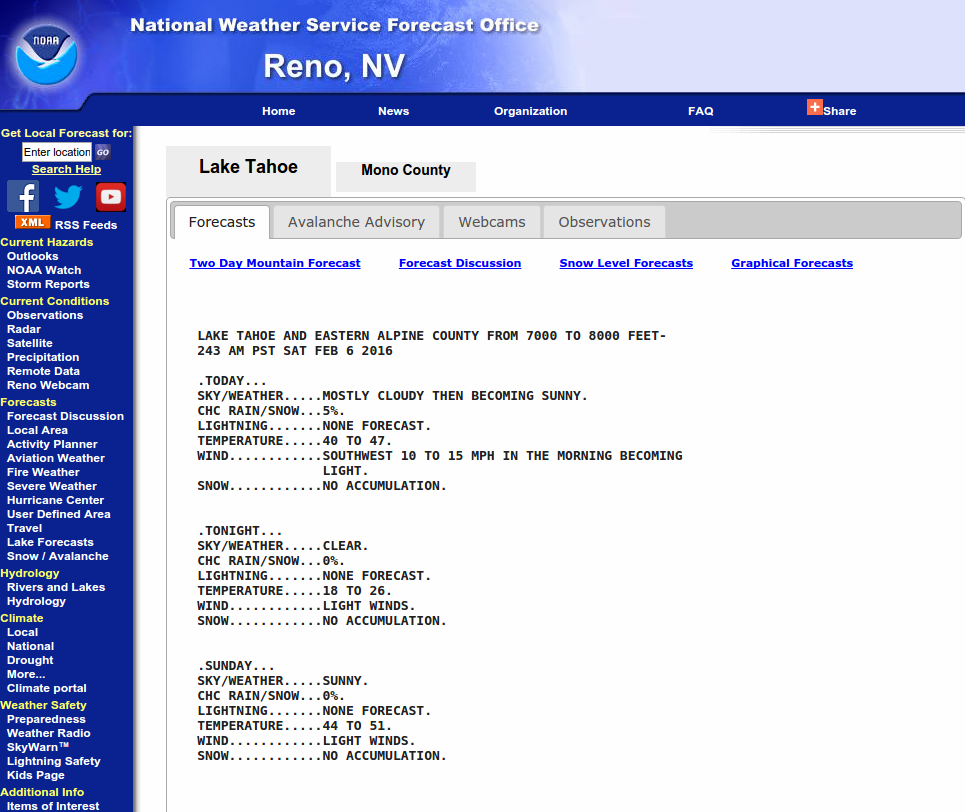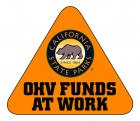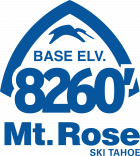
This Avalanche Advisory was published on January 24, 2012:

|
January 24, 2012 at 8:00 am |
|
Even though the time for widespread natural avalanches has passed, human triggered avalanches will remain likely today. Near and above treeline, pockets of CONSIDERABLE avalanche danger remain on wind-loaded NW-N-NE-E aspects steeper than 35 degrees. MODERATE avalanche danger exists on all other aspects and elevations on slopes steeper than 35 degrees. Large destructive avalanches remain possible in the backcountry today. |
|
|
|
Forecast Discussion:
An additional two to seven inches of snow fell across the forecast area during the day yesterday. The southern part of the forecast area saw the highest precipitation amounts with snowfall totals in the northern part of the forecast area between two and four inches. As the remnants of the winter storm moved out of the area, the winds also decreased into the 10-15 mph range and began shifting towards the northwest and northeast during the last 24 hours. The winds should remain out of the northwest and northeast through tomorrow, and they should increase as a high pressure ridge builds over the forecast area. This ridge will allow temperatures to gradually climb back above normal over the next few days. The forecast calls for today's highs in the mid to upper 30's and tomorrow's highs in the mid to upper 40's. Even though this high pressure ridge should keep all of the storms and precipitation north of the forecast area, storms to the north of the region could still push a few clouds down over the area during the next 24 hours.
More avalanche activity occurred yesterday on in the Mt Rose area and along the Sierra Crest with observers reporting natural avalanches that likely occurred early yesterday morning. Ski patrols also reported that ski cuts easily triggered avalanches during avalanche control work in previously uncontrolled areas. Some of these slides fractured deeper and wider and ran father than usual. The largest reported slides broke all the way to the ground in the wet snow layers near ground. Later in the day, observations on Silver Peak and on Elephants Back showed weaknesses remaining in the recent snow. These weaknesses consisted of layers of lighter snow with heavier and more dense snow on top of them. In both areas at least two of these density inversions existed: one in the upper portion of the snowpack and one near the base of the new snow. On Elephant's Back snowpit tests showed that fractures could still travel along these weak layers (photo). Farther north on Silver Peak the same tests showed less potential for propagation. However, ski cuts on 35 to 38 degree N-NE facing tests slopes in the Silver Peak area did produce shooting cracks up to three ft. On one of the test slopes, a ski cut produced a small avalanche about one ft in depth and about 6 ft wide (photo). The snowpack broke at both the upper and lower density change on this test slope; however, the resulting slide only ran on the upper density change.
Avalanche Concern #1 Wind slabs
Winds slabs that formed during the storm will remain fragile today. Adding a person's weight on top of these wind slabs would likely still cause the bonds holding them to the snowpack to break. Large and destructive avalanches could easily result from such a failure. These avalanches could start on the upper density inversion and step down deeper in the snowpack as they entrain more snow. Wind loaded areas near and above treeline on NW-N-NE-E aspects will hold the largest and most fragile wind slabs. Some smaller new wind slabs may form on the E-SE-S-SW-W aspects as the winds shift to the northwest and northeast and increase in strength today.
Avalanche Concern #2 Storm Slabs
In wind protected areas, human triggered avalanches will remain possible due to upside down layering present in the snowpack. These slides should remain smaller than the wind slabs mentioned above; however, they could easily involve enough snow to bury a person. Steep open areas below treeline could still hold some of this type of instability today. As the snowpack continues to consolidate, triggering avalanches in these areas should become less likely.
The bottom line:
Even though the time for widespread natural avalanches has passed, human triggered avalanches will remain likely today. Near and above treeline, pockets of CONSIDERABLE avalanche danger remain on wind-loaded NW-N-NE-E aspects steeper than 35 degrees. MODERATE avalanche danger exists on all other aspects and elevations on slopes steeper than 35 degrees. Large destructive avalanches remain possible in the backcountry today.
Weather Observations from along the Sierra Crest between 8200 ft and 8800 ft:
| 0600 temperature: | 16-18 deg. F. |
| Max. temperature in the last 24 hours: | 27-32 deg. F. |
| Average wind direction during the last 24 hours: | Southwest shifting to the northeast and northwest |
| Average wind speed during the last 24 hours: | 10-15 mph |
| Maximum wind gust in the last 24 hours: | 54 mph |
| New snowfall in the last 24 hours: | 2-7 inches |
| Total snow depth: | 25-65 inches |
Two-Day Mountain Weather Forecast - Produced in partnership with the Reno NWS
For 7000-8000 ft: |
|||
| Tuesday: | Tuesday Night: | Wednesday: | |
| Weather: | Mostly cloudy | Mostly cloudy | Partly cloudy in the morning becoming mostly cloudy in the afternoon |
| Temperatures: | 33-40 deg. F. | 30-36 deg. F. | 43-50 deg. F. |
| Wind direction: | Northwest | East | West |
| Wind speed: | 15-20 mph with gusts to 30 mph | 25-30 mph with gusts to 45 mph | 15-20 mph with gusts to 30 mph |
| Expected snowfall: | O in. | O in. | O in. |
For 8000-9000 ft: |
|||
| Tuesday: | Tuesday Night: | Wednesday: | |
| Weather: | Mostly cloudy | Mostly cloudy | Partly cloudy in the morning becoming mostly cloudy in the afternoon |
| Temperatures: | 30-37 deg. F. | 25-32 deg. F. | 44-50 deg. F. |
| Wind direction: | Northwest | Northwest | West |
| Wind speed: | 20-30 mph with gusts to 40 mph increasing to 50 mph in the afternoon | 30-40 mph with gusts to 60 mph decreasing to 50 mph after midnight | 15-25 mph with gusts to 40 mph decreasing to 30 mph in the afternoon |
| Expected snowfall: | O in. | O in. | O in. |

















